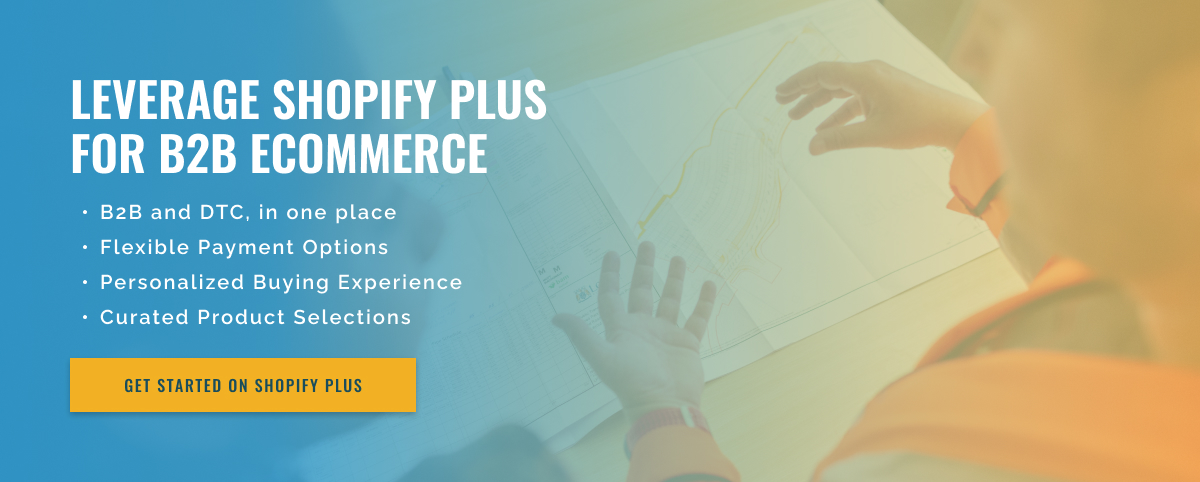3 minute read
B2B Storefront Scalability: Tips for Shopify Developers
Shopify is an extremely popular eCommerce platform that has helped countless businesses create online storefronts. Whether you run a B2C or B2B business, Shopify offers a wide range of features and functionality to help you build and improve your online presence. However, when it comes to B2B stores, there are some important things that developers need to keep in mind to ensure scalability and effective store management. In this blog post, we’ll discuss some best practices that developers can use when optimizing B2B stores on Shopify.
1. Understanding Your B2B Audience and Their Needs: One of the first and most important things developers need to do is understand their audience and their unique requirements. Unlike B2C customers, B2B customers have different preferences and expectations when it comes to shopping in an online store. They often buy in bulk and expect features such as wholesale pricing, quote generation, and easy ordering options. As a developer, it is important to understand these needs and incorporate them into your store design to improve the user experience.
2. Customize Your Storefront for B2B Functionality: Shopify has a number of available apps and plugins that allow businesses to add B2B functionality to their store. Developers should explore these options and tailor their storefront accordingly to the specific needs of B2B customers. This includes features such as tiered pricing, volume discounts, custom customer pricing, and customer-specific catalogs.
3. Optimize for Performance and Scalability: B2B businesses typically deal with high volumes of orders and customers, which means your store needs to be optimized for performance and scalability. This includes using caching and CDN services, image and code optimization, and integration with third-party systems to manage orders and inventory seamlessly.
4. Implement a Solid User Management System: B2B stores often support multiple users from the same organization, each with different roles and permissions. Developers should implement a robust user management system that allows companies to effectively manage users and access levels. This can include features such as customer-specific pricing, account hierarchies, and approval workflows.
5. Prioritize Security and Compliance: B2B transactions involve sensitive information and valuable orders, making security and compliance a top priority for developers. Shopify offers some built-in security features, but it’s important to ensure that your store is completely secure and compliant with regulations such as GDPR and PCI-DSS.

